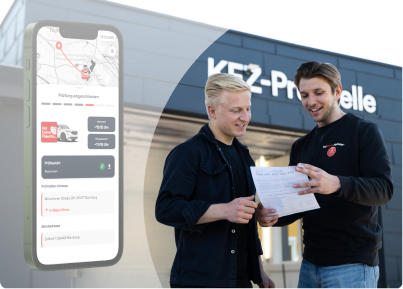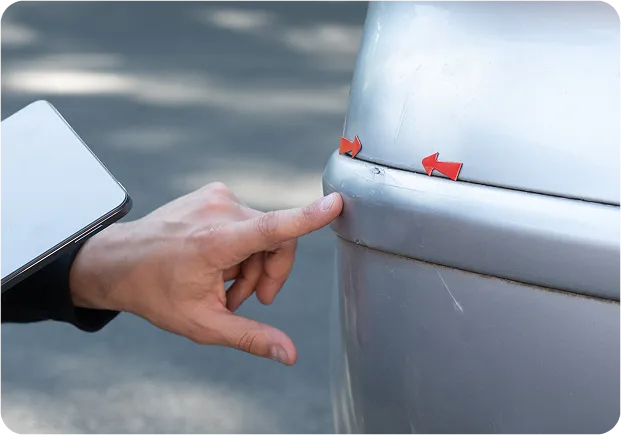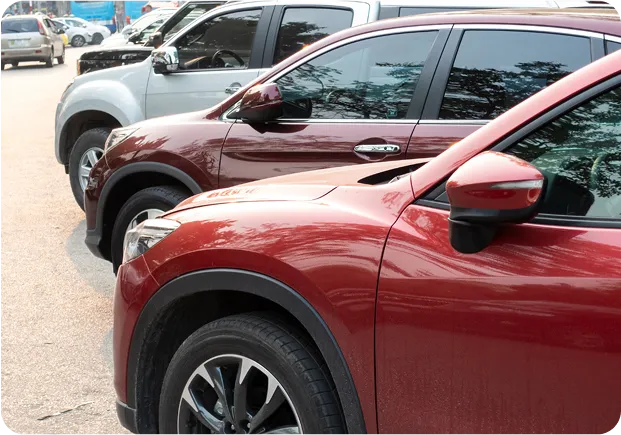Vehicle registration includes all necessary tests and reports to ensure that a vehicle meets the legal requirements before it can be registered on public roads or can continue to be used following changes. These processes ensure that both new and modified vehicles are operated safely and in accordance with regulations.
.webp)
Everything you
Need to know
Individual approval is carried out in accordance with §19.2 StVZO and is necessary when changes are made which no longer meet the requirements for approval or impair road safety.
Acceptance of changes in accordance with §19.3 StVZO is the official examination which determines whether, following a change to the vehicle (e.g. new spoiler, rims, lowering), all regulations have been met and whether the operating license continues to exist.

.webp)












